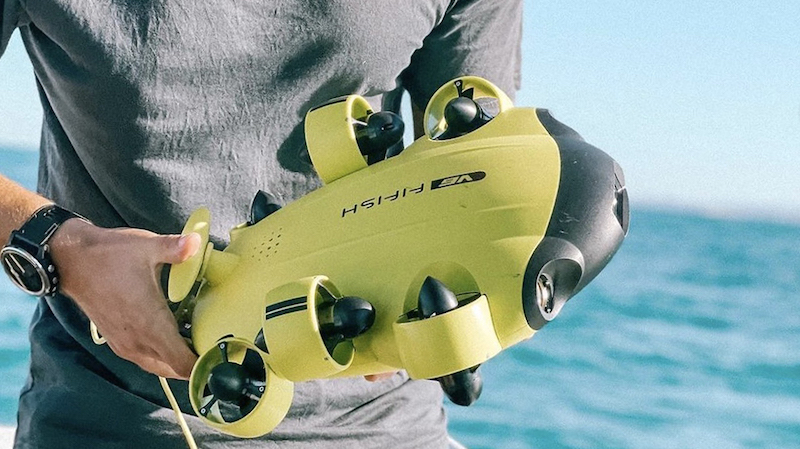Physical Address
304 North Cardinal St.
Dorchester Center, MA 02124
Physical Address
304 North Cardinal St.
Dorchester Center, MA 02124
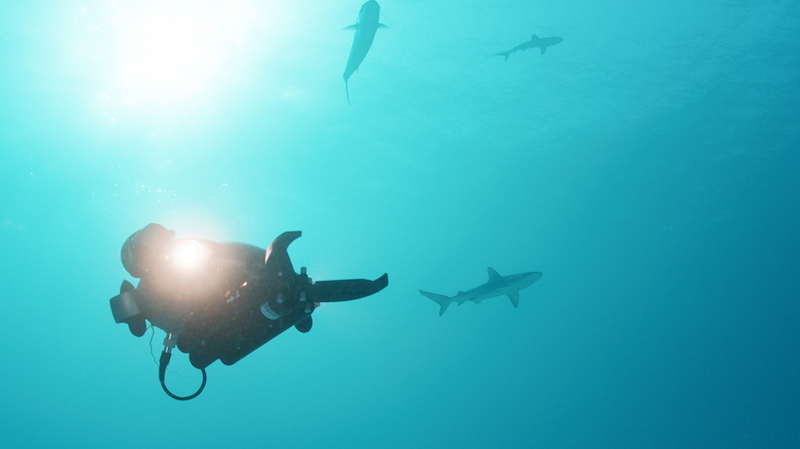

This post may contain affiliate links. As an Amazon Associate, we may earn commissions from qualifying purchases.
Have you ever wondered about the best ways to maintain your underwater drone? Whether you’re a marine enthusiast or a professional needing reliable tools for underwater exploration, keeping your underwater drone in top shape ensures you’re always ready to capture the stunning mysteries of the deep. Let’s embark on an informative journey together, where you’ll discover practical tips and expert advice on maintaining your underwater drone.
Before diving into maintenance specifics, it’s crucial to understand what makes your underwater drone tick. These marvels of technology are designed to withstand the challenging underwater environment, allowing you to explore the depths and capture incredible imagery. However, the unique conditions they operate in also demand special care and attention.
Every underwater drone comes with several important components that need your attention for maintenance:
Hull: The waterproof body that encases the drone’s electronics.
Propellers: These provide the thrust required for movement.
Battery: Powers the drone, influencing both performance and runtime.
Sensors and Cameras: Allow for navigation and capturing images or videos.
Tether: Keeps the drone connected and controlled from the surface.
Understanding these elements helps you in diagnosing issues during maintenance.
Just like any other sophisticated equipment, routine maintenance is crucial for the longevity and performance of your underwater drone. Here are some regular practices to implement:
Saltwater, sand, and algae can severely damage your drone if not properly cleaned after each use. Simply rinsing your drone with fresh water and wiping it down thoroughly can prevent corrosion and other long-term damages.
Regularly inspect all parts of your drone for signs of wear and tear, such as cracks in the hull or damage to propellers. Addressing these issues promptly prevents further damage during operation.
A well-maintained battery is vital for optimal performance. Make sure you:
Consider using a storage charge if you won’t be using your drone for extended periods.
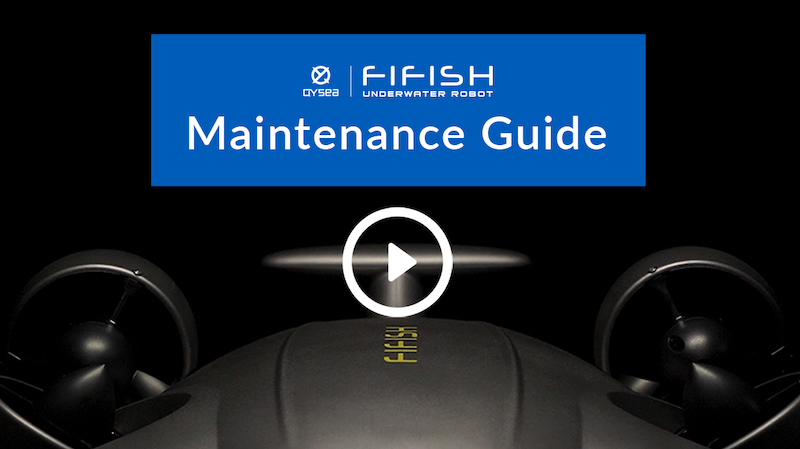
Beyond routine checks, some advanced maintenance activities can ensure your underwater drone remains in perfect health.
The propellers are fundamental to your drone’s movement and should be inspected for dirt, damages, or biofouling regularly. Clean them gently and replace them if you notice any deformities or inefficiencies.
Double-check all seals and o-rings for signs of wear. Proper watertight integrity is essential to protect the sensitive electronics within the drone. Replace any compromised seals immediately to avoid water intrusion.
Sensors and cameras allow your drone to gather data and imagery from below the surface. Clean camera lenses with a microfiber cloth and ensure that all sensors are debris-free for unobstructed performance.
Despite your best efforts, underwater drones may sometimes encounter issues. Here’s how you might resolve the most common of these problems.
If your drone is having trouble establishing a connection, check the tether to ensure it is securely attached and free from any twists or damages. Additionally, confirm that the control app is updated and functioning properly.
When your drone experiences wobbly or erratic movements, the problem could be related to the propellers or calibration. Ensure the propellers are aligned and undamaged. Also, check if recalibrating your drone helps resolve the issue.
If your images appear blurry or sensors are not providing accurate data, cleaning the lenses and sensor surfaces may be necessary. Software updates might also fix inconsistent data readings.
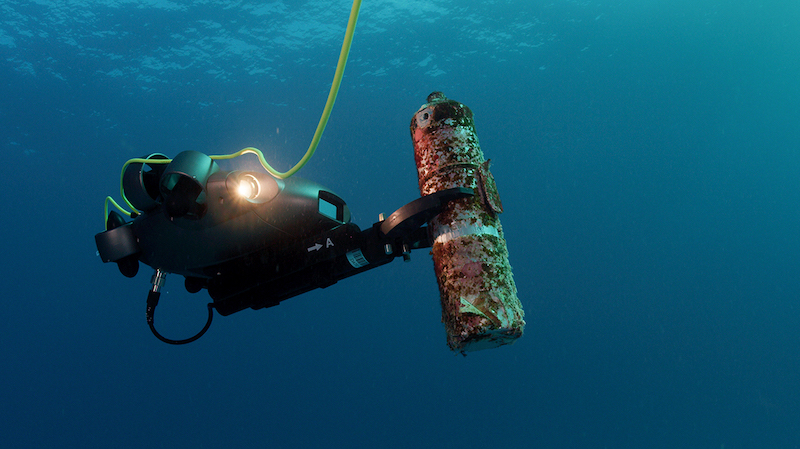
Depending on how frequently you use your underwater drone, you might have some additional maintenance steps to perform based on the season and conditions.
Storing your drone properly during colder months is vital if you’re not using it. Make sure every component is thoroughly dried before storage to prevent mold and rust. Keeping it in a climate-controlled environment can further protect it from weather-related damage.
In hotter climates, heat can affect battery life and overall performance. Try to let your drone cool down after operations and avoid exposure to direct sunlight for extended periods. Regular refreshment of seals and lubricant can also be necessary to account for temperature changes.
While personal upkeep is essential, sometimes professional maintenance services offer inspections and repairs that are otherwise hard to do without proper equipment and expertise.
Consider professional servicing if your drone is beyond a simple issue of a battery change or propeller adjustment. Complex repairs, water damage assessments, and electronic malfunctions are best handled by trained professionals.
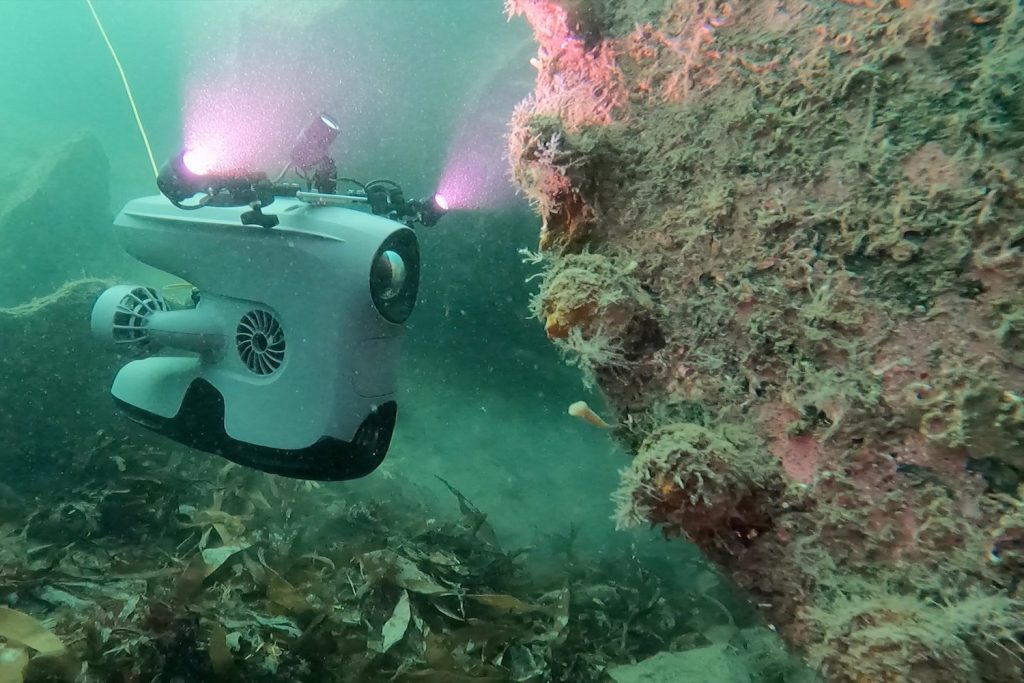
Keeping track of maintenance activities is often overlooked but can provide critical insights into patterns of wear and potential future issues.
By recording each maintenance activity, battery charge cycles, and any repairs or replacements, you create a comprehensive history that can diagnose trends or persistent problems. Moreover, it adds value if you ever decide to sell your underwater drone.
Finally, while maintaining your underwater drone, consider its environmental impact. Cleaning your equipment responsibly and disposing chemicals or worn-out parts properly helps minimize your overall ecological footprint.
Using biodegradable cleaning agents, reducing plastic waste during replacements, and adopting sustainable practices promote environmental health while keeping your underwater explorations guilt-free.
In conclusion, maintaining an underwater drone involves a mix of routine checks, advanced care, and responsible practices. By following these guidelines, you’ll extend the lifespan of your underwater drone and maximize your enjoyment and productivity during your underwater adventures. Each maintenance activity not only saves money in the long run but also enhances your drone’s performance, ensuring you’re always ready for the next big dive.
